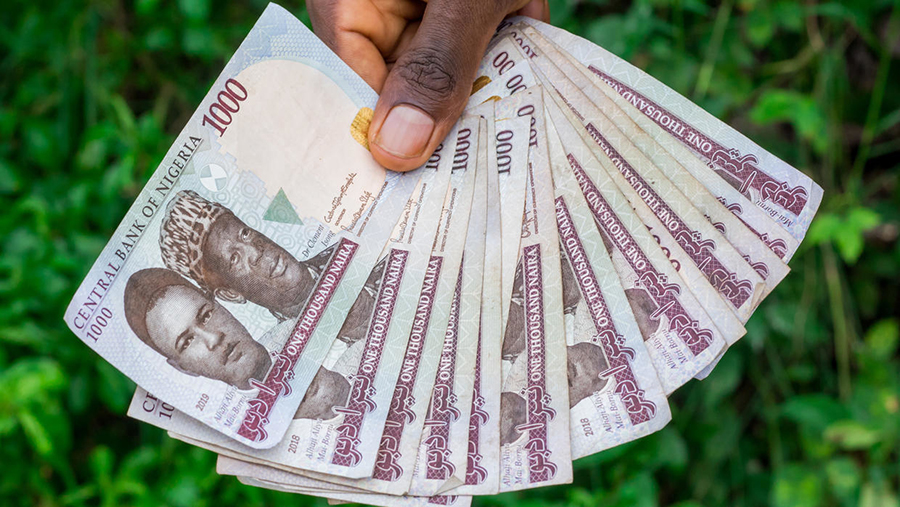The Nigerian government has revealed its spending plans for 2021 with a bigger expenditure layout that will make it run a budget deficit.
President Muhammadu Buhari presented the 2021 Appropriation Bill of N13.1 trillion to the National Assembly on Thursday, one-fourth bigger than this year’s budget.
N3.85 trillion of that sum will go into capital projects.
Government projects fiscal gap will stay stable at around 3.6% of the estimated gross domestic product.
Also Read: 2021 Budget: FEC Okays N13.08trn Estimate
“GDP growth is projected to be negative in the third quarter of this year. As such, our economy may lapse into the second recession in four years, with significant adverse consequences.
“However, we are working assiduously to ensure a rapid recovery in 2021. We remain committed to implementing programmes to lift 100 million Nigerians out of poverty over the next 10 years,” the president said.
Among the assumptions are benchmark crude price of $40 per barrel, 1.8 million barrels daily oil production, an exchange rate of N379 to a dollar and inflation growth rate of 11.59%.
The planned N13.1 trillion expenditure comprises: non-debt recurrent costs of N5.65 trillion; pensions, gratuities and retirees’ benefits of N501.19 billion, personnel costs of N3.76 trillion; debt service of N3.124 trillion; overheads of N625.50 billion; statutory transfers of N484.49 billion; and sinking fund of N220 billion (to retire certain maturing bonds).
It is probable that Africa’s biggest economy will tighten in the third quarter and slip into its second recession since 2016, Mr Buhari told legislators in Abuja. It could expand by 3% in 2021, he added.
Also Read: Buhari’s COVID-19 Economic Plan: Old Wine in New Wineskins
The Nigerian government is looking to plug the budget shortfall via borrowing N4.28 trillion locally and internationally. It is, nevertheless, not up to the N5.4 trillion approved for 2020 comprising essentially domestic bond sales and concessional loans overseas.
Much as the coronavirus crisis has hobbled demand and capital inflows, the worst could be over for the country, going by Fitch Ratings. In August, it upgrades its outlook for Nigeria from negative to stable due to more stable crude prices and improving global conditions.
